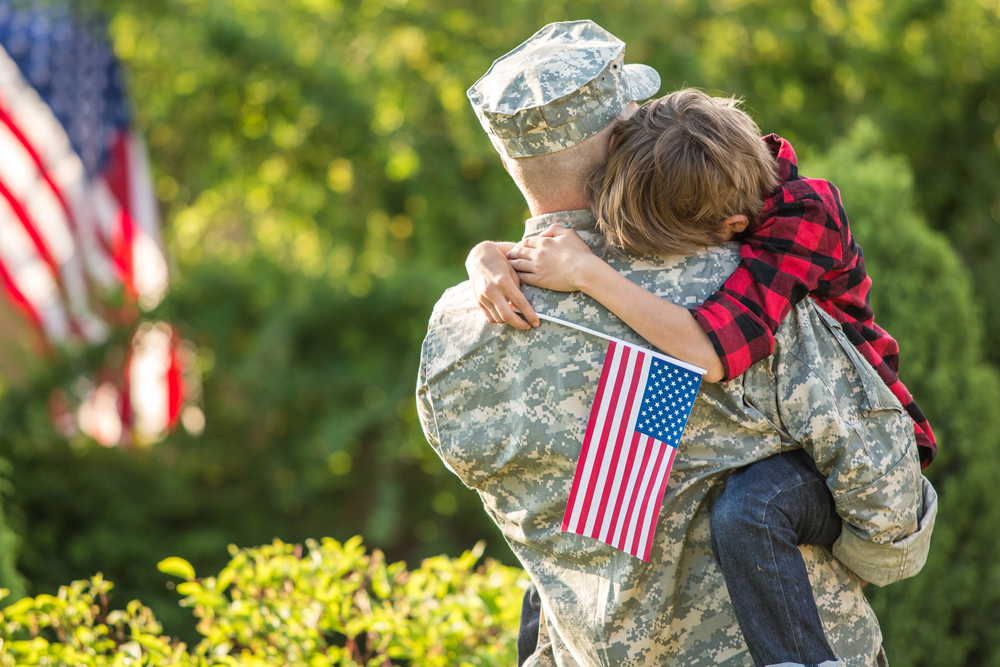 Post traumatic stress disorder (PTSD) is a mental health condition that affects loved ones, family, and friends. People who struggle with PTSD often experience flashbacks and vivid memories of the trauma they experienced, which can resurface at any time. Many who suffer from PTSD become irritable, anxious, and turn to drugs or alcohol to self-medicate. Children of parents living with PTSD are also affected.
Post traumatic stress disorder (PTSD) is a mental health condition that affects loved ones, family, and friends. People who struggle with PTSD often experience flashbacks and vivid memories of the trauma they experienced, which can resurface at any time. Many who suffer from PTSD become irritable, anxious, and turn to drugs or alcohol to self-medicate. Children of parents living with PTSD are also affected.
According to the National Center for PTSD, “Re-experiencing can occur suddenly and without intention, and it is typically accompanied by intense emotions, such as grief, guilt, fear, or anger. Sometimes these intrusions can be so strong or vivid that the individual believes the trauma is reoccurring.”
A child does not understand the cause of a parent’s PTSD symptoms, and may blame the behavior on him or herself. If you are a parent who suffers from PTSD, you can explain to your child what is going on without getting into graphic detail. The important thing he or she should know is your behavior is not their fault.
The symptoms of PTSD can be extremely confusing for children. They have difficulty processing the unexplained avoidance, bad temper, or aggravation. The U.S. Department of Veterans Affairs states that most children deal with this behavior in one of three ways:
- Over-identifying. A child might begin to show signs of PTSD symptoms to try to connect with you.
- Rescuing. In an effort to help improve your mental state, your child may take on a caregiver role to try and take care of you.
- Becoming emotionally detached. When receiving little to no emotional support, your child may develop problems at school or develop mental health conditions, such as anxiety or depression.
Before explaining your behavior to loved ones, you need to accept the changes in your mood and behavior that have affected everyone’s lives. This is the first step toward getting back to the spouse, friend, and parent you need to be. Loved ones need you, especially your children.
Saying, “I need help” is never easy, but you are not alone. If you are coping with PTSD or addiction, it is not too late to take control of your life. Make a change, for yourself and the people who love you. Cypress Lake Recovery offers treatment for PTSD and addiction. Get help today.
Cypress Lake Recovery offers treatment for addiction in a peaceful, remote, oxygen-rich environment. The program encompasses holistic addiction therapy for the mind, body, and soul. The focus is on physical, mental, and emotional well-being by generating the balance of life-enriching treatment, wellness, and healthy, sober, sustainable relationships. Call us to get started: 409-331-2204

